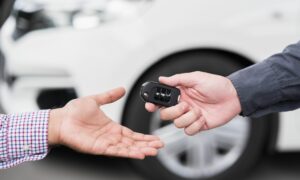Is leasing a car cheaper than buying it in the long run? Leasing a car is often seen as a more affordable option than buying, but is it?
The answer may depend on how you look at it. When you lease a car, you’re only paying for the portion of the car’s value that you use during the term of your lease. You’re not responsible for the car’s total cost.
While a leased car may have lower monthly payments than a car purchased outright, you may end up paying more in the long run. That’s because, at the end of your lease term, you’ll have nothing to show for your monthly lease payments if you don’t purchase the car or trade it in for another lease.
If you’re planning to keep the car at the end of the lease term, then buying may be the better option. In the financial sense, car ownership at the end of the lease seems to be the more logical and cheaper path.
So, buying versus leasing. Which is cheaper? It all depends on your perspective and your plans for the future. If you’re looking for short-term savings, then leasing may be the better option. But if you’re planning to keep the car long-term, then purchasing may be the wiser financial decision.
Is it cheaper to lease than buy the car before the end of the lease?
A lease contract means that you are only paying for the car’s depreciation plus interest on the loan used to finance the car – meaning your monthly payments will be lower than if you bought the car outright.
At the end of a lease, you have the option of returning the car or buying it outright – meaning you could end up spending more in the long run if you don’t factor in the potential resale value of the car.
So, is it cheaper to lease or buy? It depends on your perspective and plans for the future. If you’re looking for short-term savings, then leasing may be the better option. But if you’re planning to keep the car long-term, then purchasing may be the wiser financial decision.
If your personal finance goals include building equity or saving money over the long term, then leasing a car may not be the best option for you. You may be better off buying a car outright and investing the money you would have spent on down payment and monthly payments into a savings or investment account.
Doing so could help you reach your financial goals more quickly. A leased car doesn’t build equity the way owning a car outright does.
Is leasing a car cheaper than financing
Which is cheaper? Lease a car or finance one? Leasing a car may have lower monthly payments than financing, but you may end up paying more in the long run. That’s because, at the end of your three-year lease, you don’t have anything unless you have a purchased car.
On the other hand, leasing makes sense if you’re planning to get a new lease.
When you lease a car, you’re only paying for the portion of the car’s value. On the other hand, when you buy a car, you’re paying the entire value of the car plus interest on your auto loan. In the financial sense, car ownership at the end of the lease seems to be the more logical and cheaper path.
So, is it cheaper to lease or finance? It all depends on your present situation and how you look at it. While auto loans have higher monthly payments, you will have something to show for it at the end of the loan. If you’re looking for short-term savings, then leasing may be the better option.
But if you’re planning on keeping the car long-term, financing is probably the wiser decision.
Lease or buy? What’s their biggest advantage?
Why leased cars are better:
- Lower monthly payments
- You can get a new car every few years
- No need to worry about selling or trading in your old car
- Leased cars are usually covered by a warranty
Why buying a car is better:
- You own the car outright
- No mileage limits
- You can modify the car as you please
Lease or buy? It’s up to you which one is better. Most leases are for three years, so if you’re looking for a new car every few years, leasing may be the better option. An auto lease has lower lease payments and you don’t have to worry about selling or trading in your old car.
On the other hand, if you want to own the car outright and don’t mind higher monthly payments, buying may be the way to go. Ultimately, it all depends on your needs and preferences.
Is leasing a good idea?
As mentioned earlier, leasing has low monthly payments than a vehicle purchase or when you finance a car. In addition, you can get a new car every few years if you lease. And finally, leased cars are often covered by a warranty.
So if you’re looking for short-term savings and don’t mind returning the car after a few years, leasing may be a good option for you. However, the biggest trade-offs are mileage restrictions, down payment requirements, a dealership might tack gap insurance, and you can’t build equity.
Similarly, you’re under the contract for a fixed period. However, you can drive a new car every few years including driving a luxury car that you might not have been able to afford to purchase.
To sum it up, leasing a car has both pros and cons just like everything else in life. Weigh your options carefully and decide what’s best for you.
Should I lease or buy my next car?
If you think about maintenance costs, monthly costs, the total cost of owning a car, extra fees, and additional costs, it might be cheaper to lease a car.
However, if you think about the long-term ownership of a car, building equity, and future value, it might be better to buy a car.
To make the best decision, you need to consider all of the factors and make a decision based on what’s best for you. With that being said, don’t just focus on the monthly cost.
Maintenance costs should be taken into consideration as well. When you lease a car, the dealership is responsible for maintenance and repairs. But when you own a car, you’re responsible for all of the costs.
So, should you lease or buy your next car? It all depends on what’s best for you and your situation. Weigh all of the factors carefully before making a decision.
How does leasing work?
When you lease a car, you’re renting it from the dealership for a set period. You make monthly payments and at the end of the lease, you return the car to the dealership.
There are a few things to keep in mind when leasing a car. First, you’ll need to put down a security deposit or a down payment. This is typically equal to one or two months’ worth of payments.
Next, you’ll need to make sure you don’t go over the mileage limit. How many miles is allowed for a leased car? Most leases have a mileage limit of 10,000 miles per year. If you go over this limit, you’ll be charged a fee for each additional mile.
Finally, you’ll need to keep the car in good condition. This means no dents, scratches, or other damage. If you do end up damaging the car, you’ll be charged a fee.
According to consumer reports, the audience insights team found that the top 5 reasons people lease are:
- You can get a new car every few years
- Lower monthly payments
- No worries about selling or trading in your old car
- Cars are often covered by a warranty
- You don’t have to worry about maintenance and repairs
At the end of the lease, you have a few options. You can buy the car outright, trade it in for a new car, or return it to the dealership.
If you decide to buy the car, you’ll need to pay the purchase price, which is typically the residual value of the car.
If you decide to trade it in for a new car, you can use the equity you’ve built up in the car as a down payment on your new car.
And finally, if you want to return the car, you simply hand over the keys and walk away.
Several ways to buy a car
Do you want a brand new car? Here are several ways you can buy a new vehicle in 2022. A newer car usually means a higher price tag, but it also comes with the latest safety features, the newest technology, and a longer warranty.
Buying with cash
If you pay cash for a car, you’ll avoid interest charges and you won’t have a monthly car payment. This is a great option if you have the money saved up and you’re not worried about having to come up with a large amount of money all at once.
Getting an auto loan
If you don’t have the cash to pay for a car outright, you can get an auto loan from a bank or credit union. You’ll need to have good credit to qualify for a loan with a low-interest rate.
Leasing a car
When you lease a car, you’re renting it from the dealership for a set period. You make monthly payments and at the end of the lease, you return the car to the dealership.
Because leasing involves terms, make sure you get the best deals by understanding all the fees, negotiating the price of the car, and knowing what your options are at the end of the lease.
HP (Hire Purchase)
An HP is a type of loan that allows you to spread the cost of a car over a set period, typically two to four years. At the end of the HP agreement, you own the car outright.
PCH (Personal Contract Hire)
A PCH is similar to leasing a car. You make monthly payments and at the end of the contract, you return the car to the dealership. With a PCH, you don’t have the option to buy the car outright at the end of the contract.
PCP (Personal Contract Purchase)
A PCP is similar to an HP agreement. You make monthly payments and at the end of the contract, you have the option to buy the car outright or return it to the dealership.
In Conclusion
There are several ways to buy a car. The best option for you will depend on your budget and your needs. If you have the cash, paying for a car outright is the best option. If you don’t have the cash, you can finance a car with an auto loan or lease a car.
Purchasing a car is a huge financial decision. There are a lot of factors to consider when making this choice. One factor that is often debated is whether it is better to buy or lease a car. There are pros and cons to both choices, and the best option for you will depend on your individual needs and circumstances.
If you’re looking for a lower monthly payment, leasing might be the best option. If you want to own the car outright at the end of the contract, buying is probably the better choice. And if you’re not sure what you want to do with the car at the end of the contract, a PCP or HP agreement might be the best option.
Whatever option you choose, make sure you do your research and compare different offers before making a final decision.
Are you ready to drive a new car? Whether you’re buying or leasing a car, we help you get the best deal on your new car.
How do you find this article? Let us know your thoughts in the comments below.




